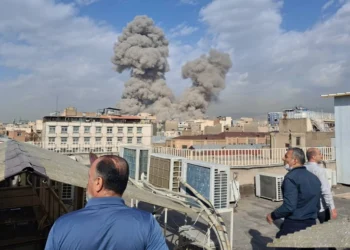By Emmanuel Nduka
The World Bank has approved a $1.5 billion loan to Nigeria following the implementation of key economic reforms, including the removal of fuel subsidies and the introduction of new tax policies, championed by President Bola Tinubu.
This loan is part of a larger $2.25 billion financial package aimed at stabilizing Nigeria’s economy and supporting its efforts to protect the poor and economically vulnerable.
It consists of two main components: $1.5 billion for the Nigeria Reforms for Economic Stabilization to Enable Transformation (RESET) program, and $750 million for the Nigeria Accelerating Resource Mobilization Reforms (ARMOR) program.
The funding supports Nigeria’s ambitious goal of raising non-oil revenues, safeguarding oil revenues, and promoting fiscal sustainability. This is crucial for Nigeria’s goal of providing quality public services and addressing long-standing economic challenges. The loan was structured in two tranches: the first, a $750 million credit with a 12-year maturity, and the second, another $750 million loan with a 24-year maturity.
The first tranche was released on July 2, 2024, and the second, after meeting specific reform conditions, was disbursed in November 2024. These reforms include unifying exchange rates, adjusting fuel prices to phase out subsidies, and increasing interest rates to combat inflation. The government has also rolled out a targeted cash transfer program to protect vulnerable households from high inflation.
The World Bank praised the Nigerian government for swiftly implementing these measures, particularly the immediate deregulation of the fuel market in October 2024, which surpassed expectations. In a statement, the World Bank’s Vice President for Western and Central Africa, Ousmane Diagana, emphasized the importance of maintaining the reform momentum to ensure long-term economic stability and poverty reduction in Nigeria.
Nigeria’s Finance Minister Wale Edun welcomed the support, highlighting that these reforms are critical for Nigeria’s economic growth and job creation, ultimately aiming to improve the livelihoods of all Nigerians.



































